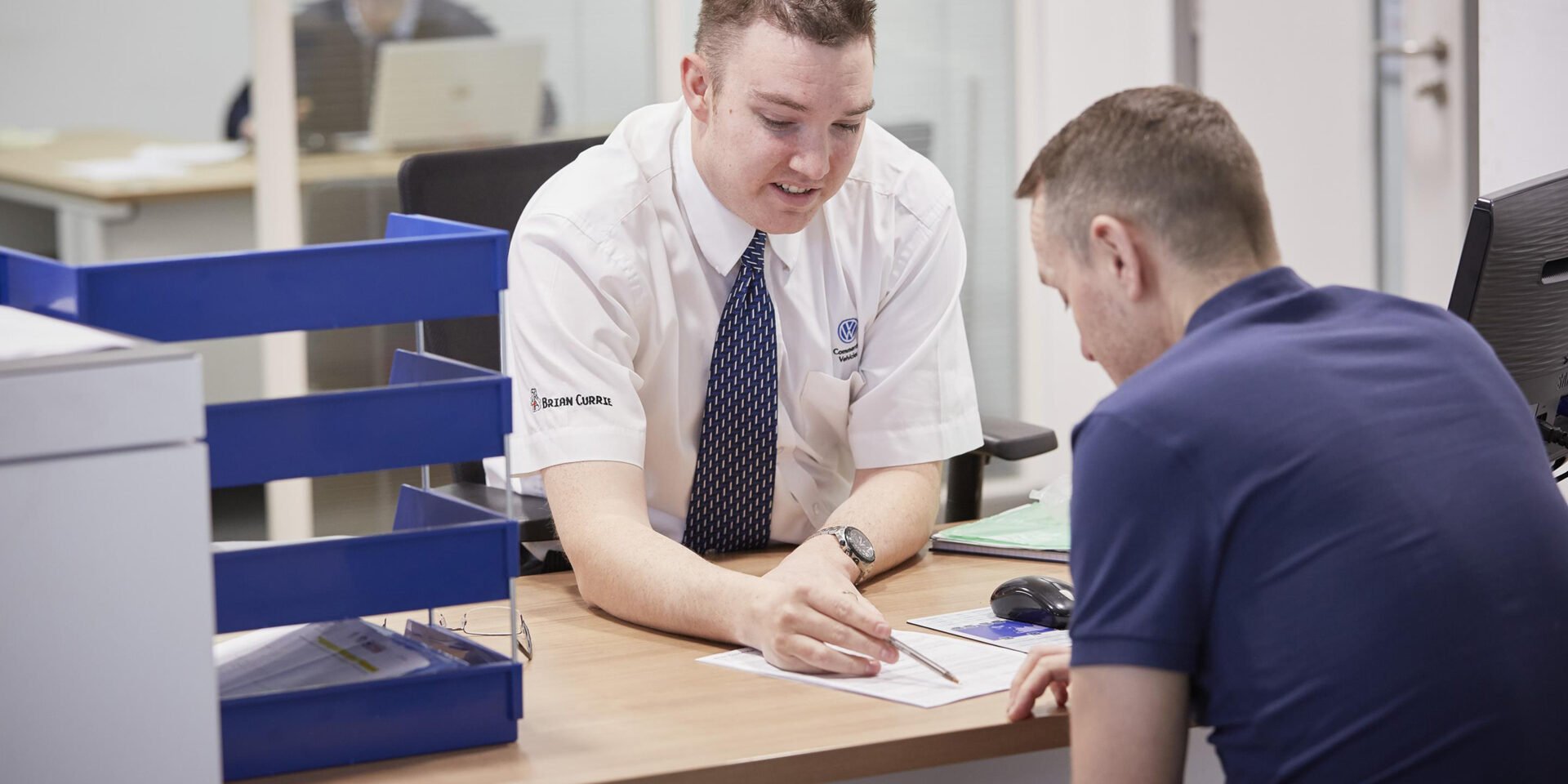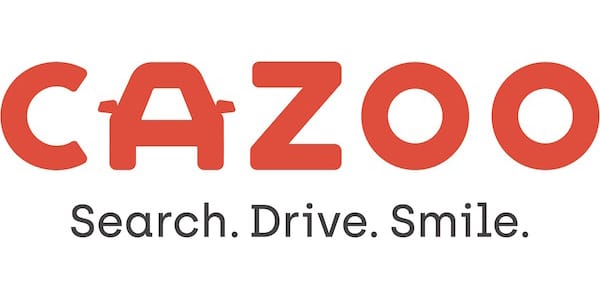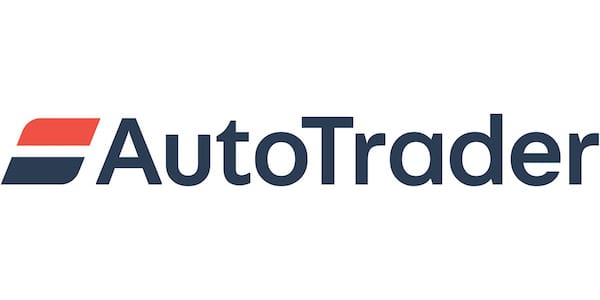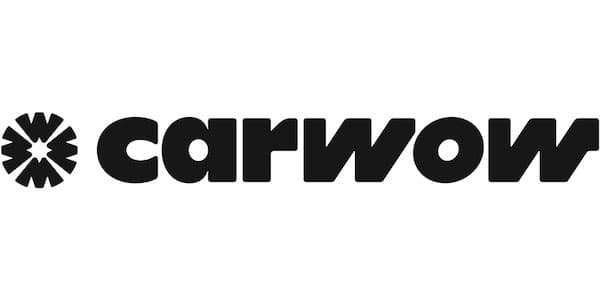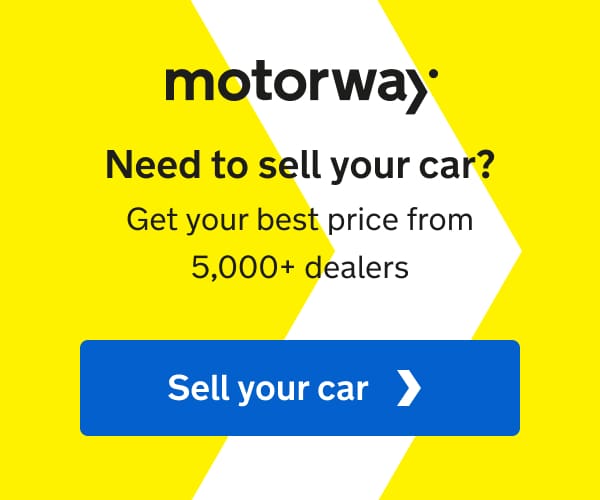Most new and used cars are purchased using some kind of finance agreement, and it’s very common for owners to want or need to change their car while the finance is still running. This can be tricky, but we’ve got some key tips to help you out.
If you want to sell or part-exchange your car while it is still under a finance agreement, you first need to know what type of agreement it is.
It’s illegal to sell a car privately if it is on a hire purchase (HP) or personal contract purchase (PCP) agreement. These are called secured loans, which means that the car is secured against the finance – much like a mortgage on a house – and is not yours to sell. However, as we’ll explain, there are some other options.
If you bought your car with a bank or credit card loan, this is not secured against the car. You are the legal owner of the car and can sell it on as you wish. The loan continues or you can settle it.
If you are buying a used car and want to check if it is on a finance agreement (for which you don’t want to become liable), finance companies use agencies to register their interest in vehicles that are the subject of a finance agreement.
The Finance and Leasing Association (FLA) gives consumer advice and has a page listing agencies which offer vehicle history checks. For a fee, these will tell you if finance has been secured on the vehicle and if it still needs to be paid. If finance is recorded, you will be able to find out which company it is with, when it was taken out, how long for and what type of finance it is.
The checks can also include whether it had been involved in an accident, its true mileage or if it has been an insurance write off. Used car dealers usually advertise if they have carried out one of these checks, but ask for a copy of the check, or keep a copy of the advert stating this when you buy.
Bank loan or credit card
Let’s get this one out of the way first as it’s quite simple.
If you borrowed the money to buy your car on a personal loan from a bank or building society, that’s called an unsecured loan. Basically, the bank has lent you a sum of money and you have used that money to go and buy a car. The loan is not secured against the car, so you can sell it as you like.
Likewise, if you’ve used a credit card to pay for your car, it’s also unsecured and you can sell the car as you wish.
However, you’ll still have to make your monthly loan or card payments until the debt is cleared, or use the money you made from selling the car to pay off the loan or clear your credit card debt. If you’ve used a credit card, the interest rates are usually quite high so settling as early as possible could save you thousands of pounds in interest.
Settling different kinds of car finance
Unlike a personal loan, car finance agreements are usually secured against the car. That means that if you want the same level of flexibility to sell the car, you will need to pay off the balance on your agreement so you become the owner and can do what you like with the car. With HP and PCP agreements there are different ways to settle.
Under a hire purchase (HP) agreement you pay off the value of the car in monthly instalments. When all payments have been made, the HP agreement ends and you own the car. HP is secured against the car, so you don’t own the car until the last payment is made.
The very popular personal contract purchase (PCP) is a specific form of HP. It allows you to pay a smaller monthly fee for a new or used car, but part of the amount borrowed is deferred (with interest). At the end of the agreement, you choose whether to pay this deferred ‘balloon’ amount and own the car, or hand it back.
Since it is a form of HP, a PCP is also secured against the car. The finance company remains the owner until the end of the term unless you pay the optional final payment to own the car, or you hand it back.
Settling an HP or PCP agreement early
You can able to add up the remaining payments to work out roughly how much you owe, but it’s not a precise number. A settlement figure will be a different total because you may get a refund of interest and charges. Whether you can settle or not depends on the agreement.
The finance company should be able to provide you with a formal settlement figure on an HP or PCP agreement by letter. This doesn’t oblige you to settle once you get the reply letter. The settlement figure will only be valid for a couple of weeks, because it changes with every monthy ayment you make. A settlement letter will be essential if a dealer offers to settle your car’s finance for you, as will a letter proving you have settled and the ownership of the car has passed to you.
If you’re looking to change cars while a finance agreement is still running, voluntary termination is not likely to apply here. This is a legal right to end your finance agreement early, set at 50% of the total amount payable including interest and fees. It can be complicated to understand – see our complete guide here.
Settling a PCP early works in much the same way, but it includes the balloon payment which has been deferred until the end of the term. The same principle applies – the finance company can provide you with your current settlement figure, which changes every month as you make your regular payments. Voluntary termination also applies to PCPs, although it is generally nowhere near as helpful as it it with a regular HP, and we explain the options on ending a PCP early here.
Having a dealer settle a finance agreement for you
Some dealers will settle the finance for you to take your car as part exchange. The settlement figure is then subtracted from the value of your car. If the settlement figure is higher than the car’s value, you will need to pay the difference. Some finance companies will allow you to add that difference onto your next car finance agreement – this is called negative equity and is best avoided if possible, as all you’re doing is making a bigger problem down the line.
The dealer will work with you to agree the value of the settlement (but it is still useful for you to have obtained your settlement letter) and what extra you’ll need to contribute. There is of course an incentive for that dealer to get you to take out a new finance agreement.
One of our commercial partners, Motorway*, does not buy cars itself but finds the highest offer though a nationwide network of verified dealers who compete to buy your car for the best price through a daily auction. The winning dealer pays you via bank transfer, Motorway says that once you agree on a sale, your dealer will pay your finance company directly.
Of the two major car buying services who buy direct, Cazoo* won’t buy cars on outstanding finance but Webuyanycar will arrange settlement against a letter from your finance company.
Additional reporting by Stuart Masson
* The Car Expert has commercial partnerships with Cazoo and Motorway. If you leave here and proceed to sell your car through either of these sites, we may receive a commission. This does not affect the price you receive for your car.

